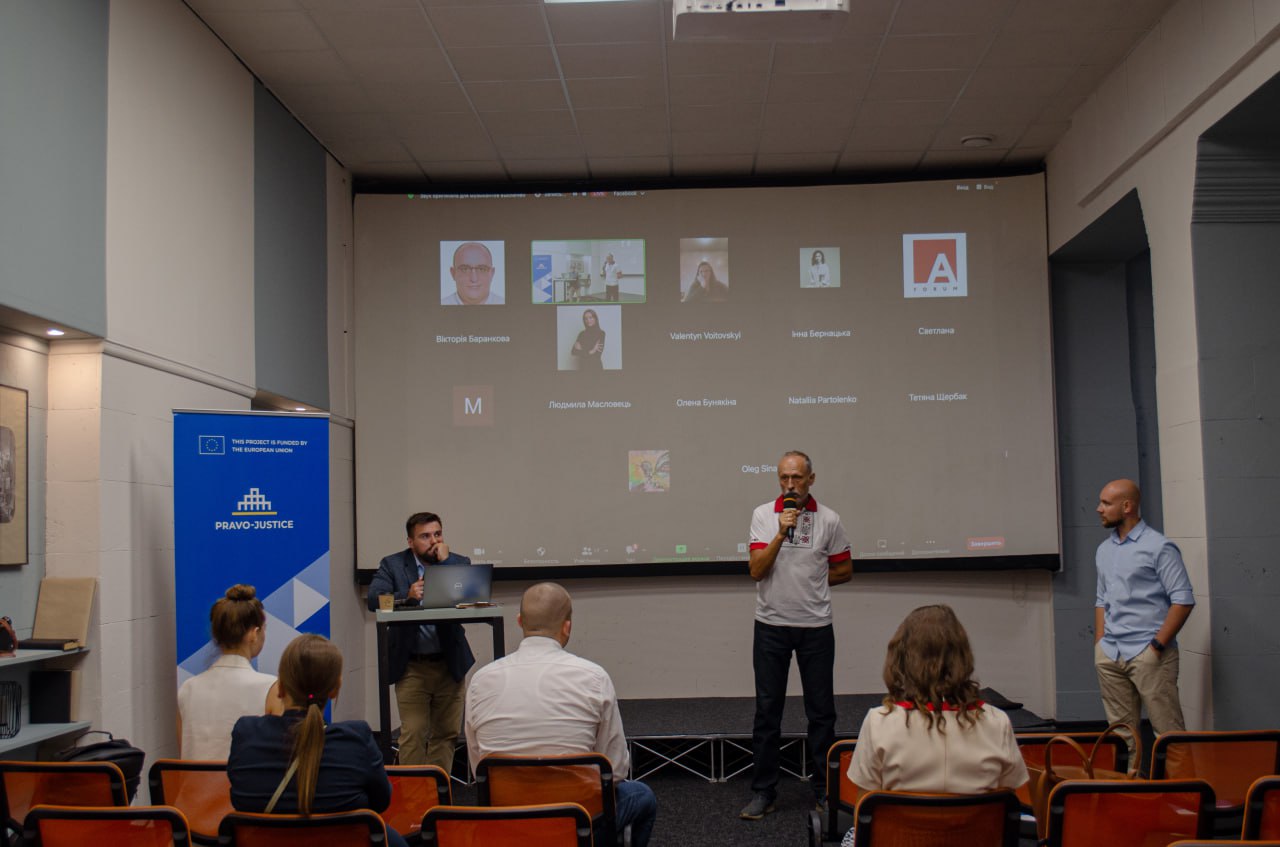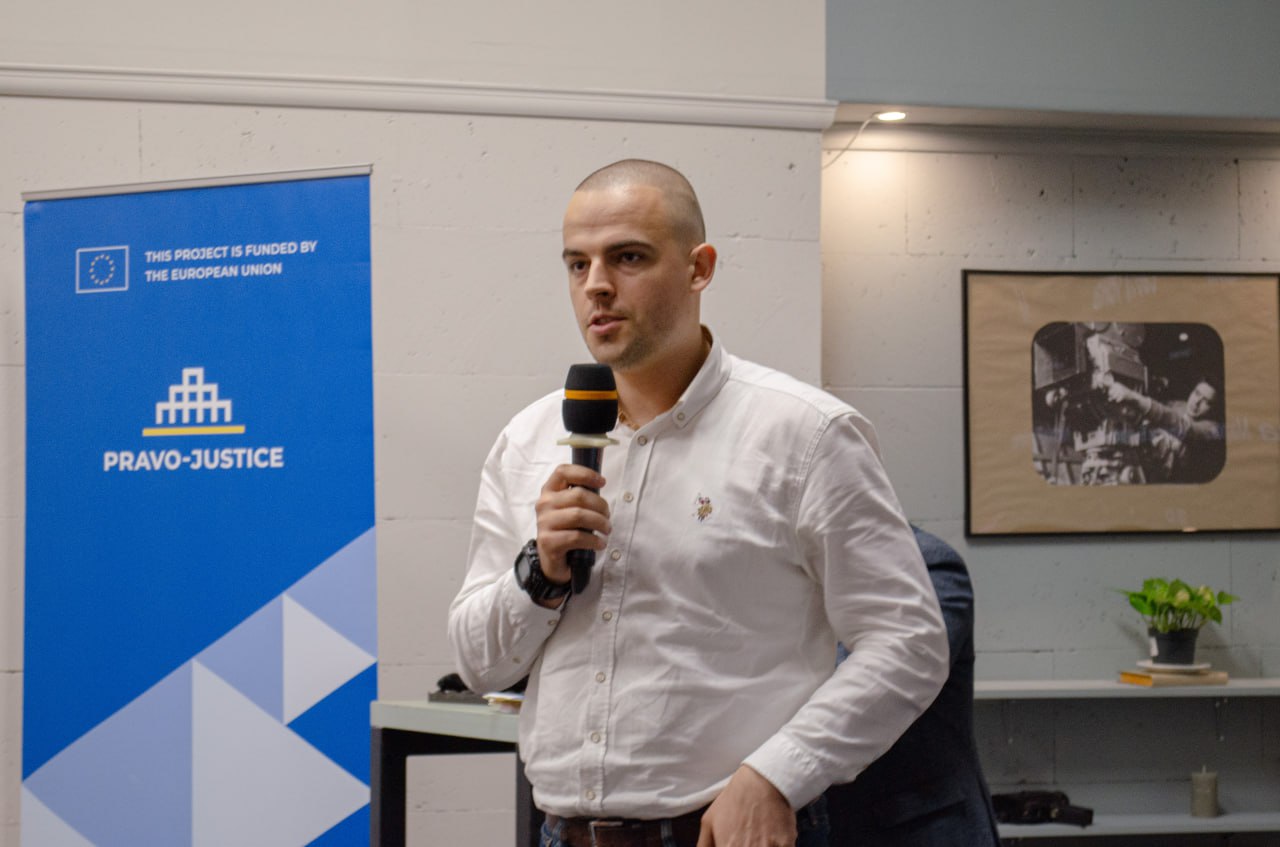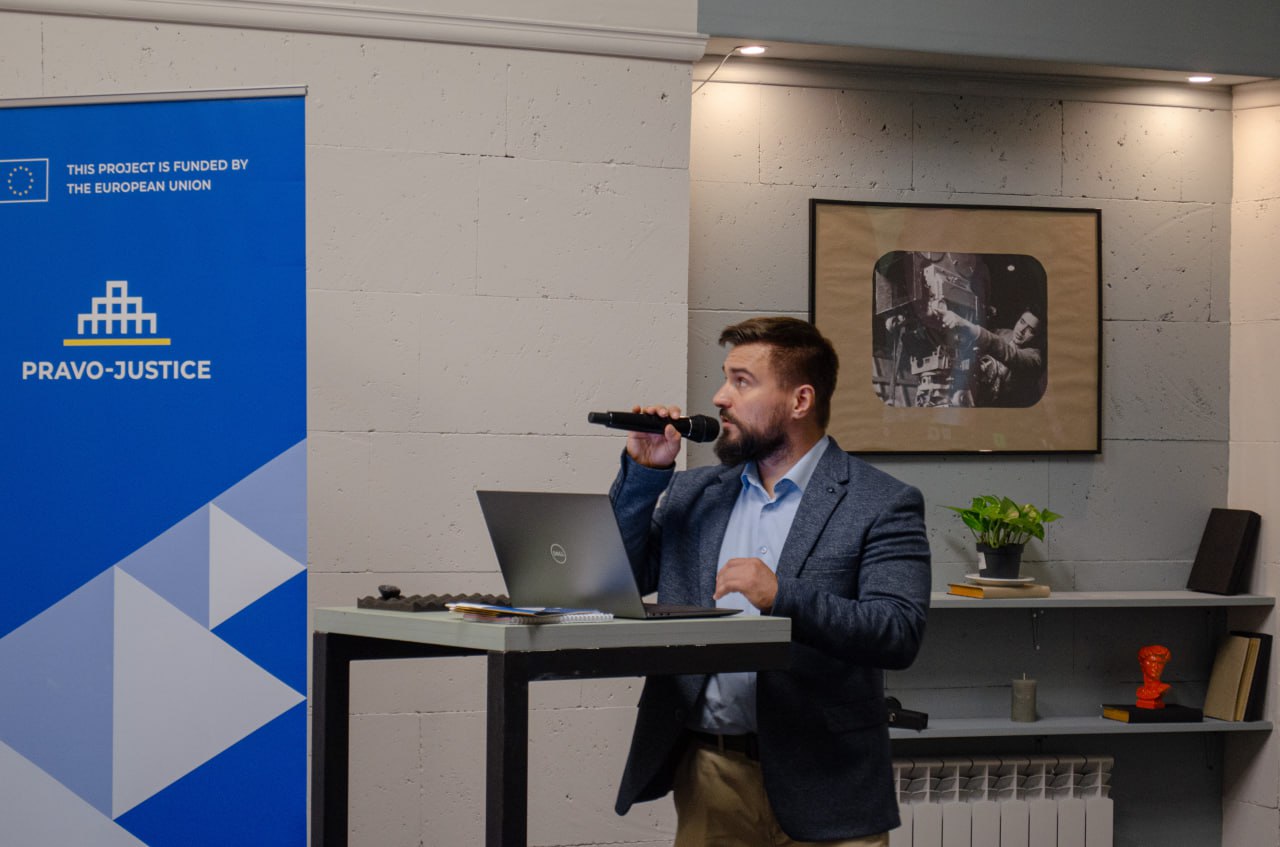A Social Study of the Notary System Was Presented to the Large Audience

On September 14, the results of a social study of the notary system in Ukraine, conducted with the support of the EU Project Pravo-Justice, were presented to the large audience. The study is part of a complex sociological survey which covers the study of problems and key challenges in four areas: enforcement of court decisions, insolvency, notary, and forensics.

“The role of notaries in relation to the rule of law can hardly be overestimated. This profession is important for the protection of the rights of citizens and businesses, and it has become even more important in the conditions of martial law. In turn, the presented sociological survey demonstrates the problems and challenges faced by public and private notaries, alongside their actual needs. Its results can be used for the implementation of state policy in this area” said Key National Expert of EU Project Pravo-Justice Oleh Mykhaliuk.

According to Oleksandr Shulha, Doctor of Social Sciences, who presented the results of the research, when holding in-depth interviews with notaries, the issues raised included their attitude to the justice sector reform in general; their assessment of the impact of a full-scale war on professional activity; their attitude to the transition to a single notary; their opinion as to the readiness of the professional community for self-government and the introduction of an electronic notary system.
“We also interviewed Ukrainian citizens who had encountered notaries before and during the full-scale war, regarding the performance of the notaries and problems that may arise when applying for notaries’ services,” added Oleksandr Shulha.
The presented study demonstrated a request for the transition to the unifiefd notary system. According to the interviewers for the social study, the existing division into public and private notaries is no more relevant. The problems faced by notaries in the framework of their professional activities, include the following: imperfect and contradictory legislation; duplication of electronic and paper document flow; lack of proper maintenance and stable operation of the registers; difficulties with the successful undergoing of inspections, and others.
A survey of citizens who had encountered public or private notaries as to their performance showed that 61% of respondents consider private notaries to be more efficient; 27% believe public notaries to perform better; another 12% had no clear opinion. The respondents stated that private notaries performed better, because they were faster and more efficient than their colleagues from the state limb; more competent and more interested in the results of their work; treated clients better; and there were no queues in their offices. As to the advantages of public notaries, the following were adduced: cheap, competent, more trustworthy, reliable, and responsible. At the same time, the majority of respondents noted that the cost of notaries’ services – both public and private – was too high or rather too high.
When holding the research, the sociologists recorded a number of proposals from notaries as to the improvement of the notary system in Ukraine. The respondents repeatedly voiced a need to streamline the functioning and ensure interoperability of the registers. The notaries draw attention to the need to strengthen the protection of electronic data; have a shorter period of keeping the archive (and digitalizing it); abandon the principle of territorial attachment regarding the performance of notarial acts; develop unified mechanisms for conducting inspections of private notaries; and improve the regulation on assistants of private notaries.
The study is, first of all, descriptive in nature and has been designed to collect the opinions of notary service users in order to identify possible issues and needs in this area. The researchers do not aim at providing any expert interpretation the findings or justifying the respondents’ answers from a legal standpoint. The interpretation of the findings of the social study may be a separate subject for professional discussion.
It should be noted that the study was conducted in the period from May 19 to June 30, 2023 in the entire territory of Ukraine, except for the temporarily occupied territories of Donetsk, Luhansk, Zaporizhzhya, Kherson regions, and the Autonomous Republic of Crimea.
Video recording of the Presentation Report.
Presentation Report.